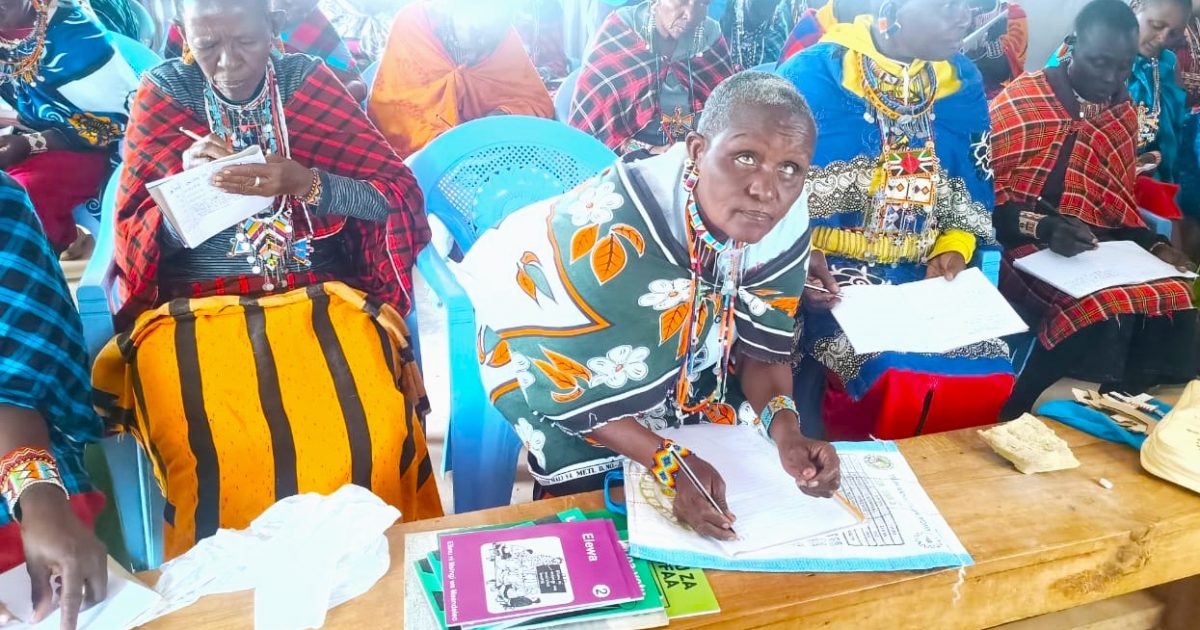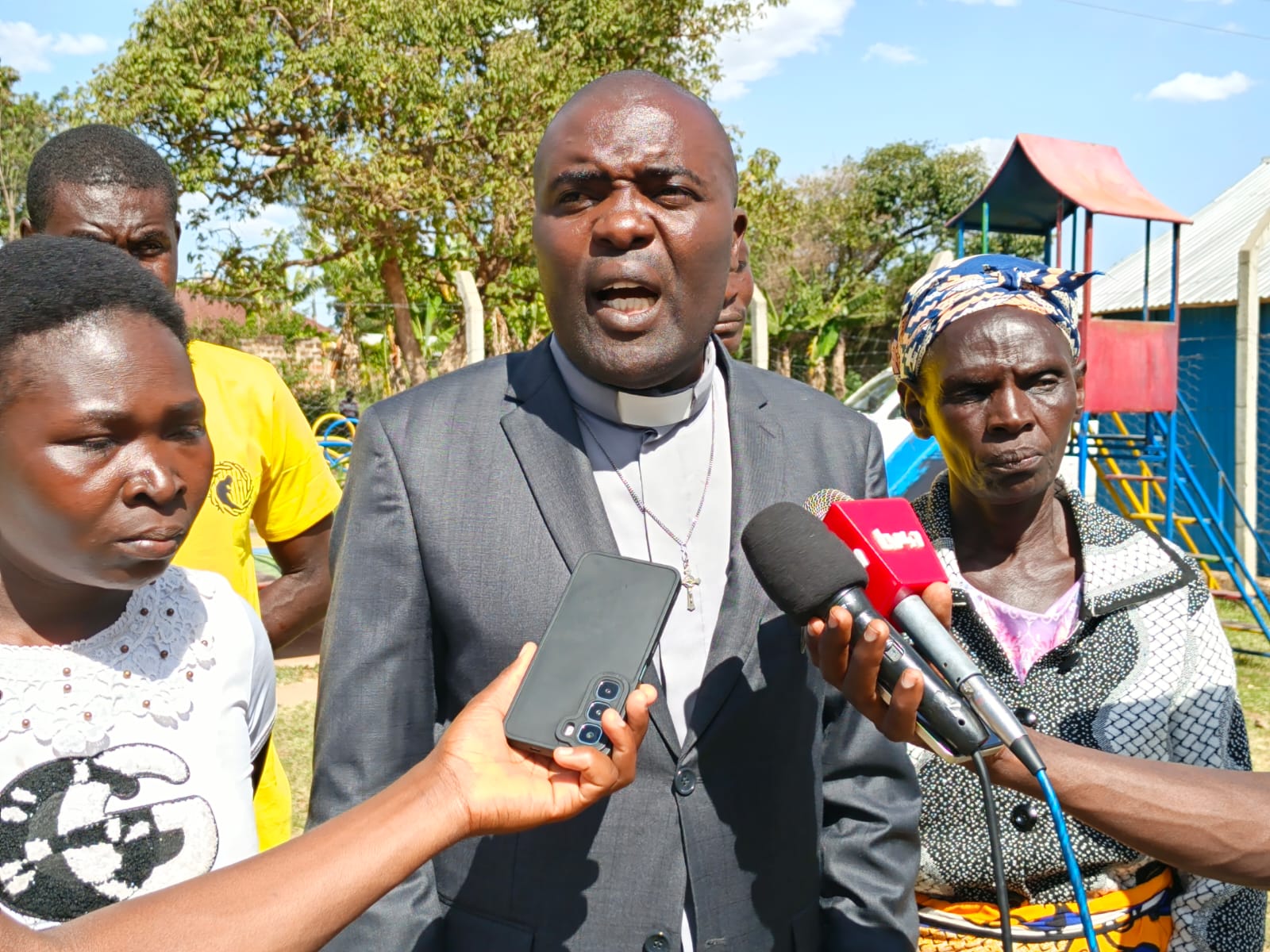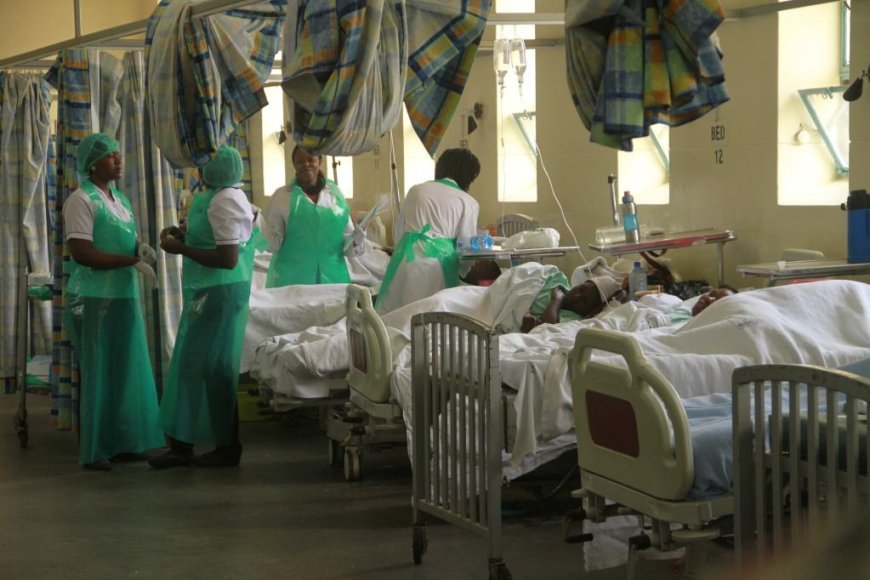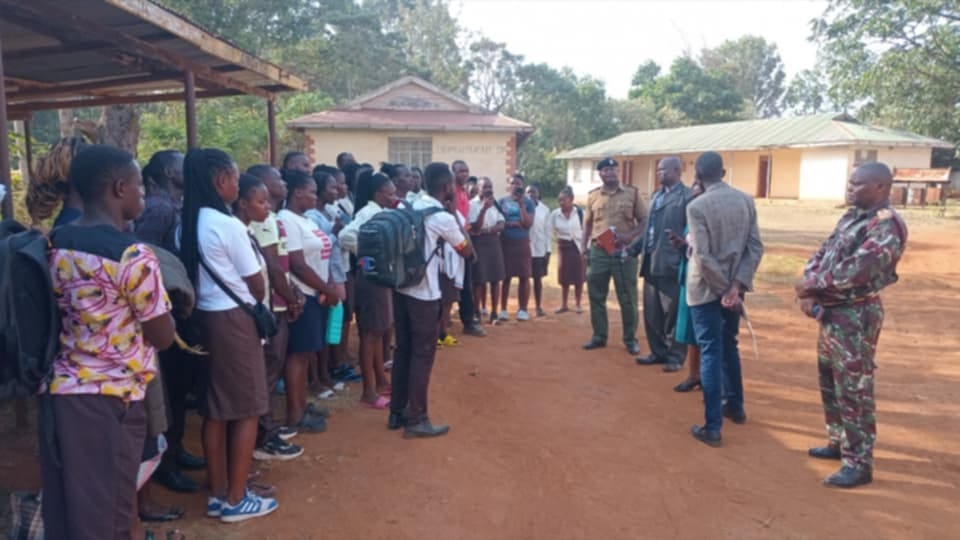Adult education is a transformative force, giving individuals the opportunity to acquire literacy, vocational skills, and civic knowledge well beyond traditional schooling. In Kenya, it serves as a vital pathway to improved livelihoods, stronger families, and active citizenship, enabling adults who missed earlier educational opportunities to engage meaningfully in society and the economy. Despite the progress achieved, adult education in Kenya faces numerous and interrelated challenges that limit its impact.
Kenya has made notable gains in literacy. As of 2022, the national adult literacy rate stands at 82.88 percent, up from 78.73 percent in 2014. Urban centers such as Nairobi boast literacy rates approaching 87 percent, yet rural and marginalized regions, including North Eastern, continue to experience extremely low literacy levels. Women, in particular, face persistent barriers due to cultural norms, household responsibilities, and social expectations, resulting in a gender gap in adult education.
The government has recognized the importance of adult education, providing targeted funding to sustain and expand programs. The Directorate of Adult and Continuing Education (DACE) received Ksh55.6 million in 2024, rising to Ksh59 million in 2025 for recurrent expenditures. Sub-county adult education services were allocated Ksh 700 million in 2024, slightly increasing to Ksh703 million in 2025. While these allocations are significant, experts argue that more robust funding is required to expand access, enhance programme quality, and meet the growing demand for adult learning. Counties also contribute to local initiatives, although the level of support varies and often lacks transparency.
Adult learners in Kenya face multiple barriers like economic pressures which frequently force adults to prioritize work and family responsibilities over education. Access remains limited in rural areas and informal settlements, where learning centers, trained facilitators, and adequate infrastructure are often lacking.
ALSO READ:
ESAK calls for overhaul of teachers training to fit CBE curriculum
Programme quality is inconsistent, with some curricula outdated, rote-based, or misaligned with learners’ practical needs. Language barriers in Kenya’s multilingual society, along with limited access to digital tools and internet connectivity, further restrict participation. Social and cultural norms continue to impede women’s participation, and crises such as pandemics, droughts, or climate-related disasters disproportionately affect adult learners, leading to dropout and discontinuation of programs.
When contextualized regionally, Kenya’s literacy achievements are notable. Seychelles leads Eastern Africa with an adult literacy rate of 91.8 percent, followed by South Africa at 88 percent. Kenya’s 82.88 percent literacy rate places it above neighboring Uganda (80.6 percent) and Tanzania (82.02 percent), as well as Rwanda (79 percent) and Burundi (75.5 percent), yet it remains well above countries such as Ethiopia (51.8 percent), Somalia (54 percent), and South Sudan (34.5 percent). These comparisons highlight Kenya’s intermediate position: ahead of many regional peers but still trailing behind nations with fully developed adult education frameworks.
Overcoming these challenges requires a holistic approach. Financial barriers can be mitigated through stipends, travel support, and childcare assistance, while access can be expanded through community-based centers, mobile classrooms, and flexible learning schedules. Programs must be practical, competency-based, and aligned with local labor market needs. Instructors should receive specialized training in adult education methods, gender equity should be promoted, and technology leveraged to reach remote and underserved learners. Establishing strong monitoring and evaluation systems is crucial to ensure inclusivity and effectiveness. Linking literacy and vocational training to formal accreditation and employment opportunities can sustain learner motivation and deliver tangible societal benefits.
Adult education is not merely a charitable undertaking—it is a strategic investment in national and regional development. When adults acquire literacy, vocational skills, and digital competencies, households thrive, local economies grow, and civic engagement strengthens. Kenya’s experience, viewed within the broader Eastern African context, demonstrates that investing in adult education produces ripple effects far beyond the classroom. By addressing persistent challenges, scaling effective programs, and investing strategically, Kenya can empower its adult population, promote social equity, and foster sustainable development across the nation and the region.
By Hillary Muhalya
You can also follow our social media pages on Twitter: Education News KE and Facebook: Education News Newspaper for timely updates.
>>> Click here to stay up-to-date with trending regional stories
>>> Click here to read more informed opinions on the country’s education landscape






